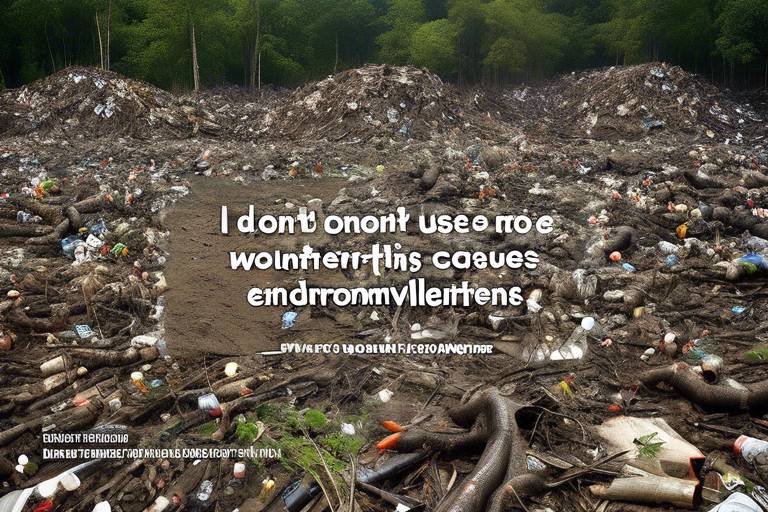The Benefits of Clean Energy - Solar and Wind Power
When it comes to the benefits of clean energy, solar and wind power stand out as two key players in the transition towards a more sustainable future. These renewable energy sources offer a plethora of advantages that not only benefit the environment but also have a positive impact on the economy and society as a whole.
One of the most significant advantages of solar and wind power is their ability to reduce greenhouse gas emissions. Unlike traditional fossil fuels, solar panels and wind turbines generate electricity without emitting harmful greenhouse gases, making them crucial in the fight against climate change and the quest to lower the carbon footprint of energy production.
Moreover, solar and wind power are renewable and sustainable energy sources. They can be harnessed continuously without the risk of depletion, providing a reliable alternative to finite fossil fuels. This sustainability factor ensures a long-term energy solution that does not compromise future generations' access to power.
Investing in solar panels and wind turbines also brings about cost-effectiveness and energy savings. While the initial setup costs may be higher, the long-term benefits include lower operational and maintenance expenses, leading to significant savings on energy bills over time. This financial advantage makes clean energy an attractive option for both individuals and businesses looking to reduce their energy costs.
Furthermore, the clean energy sector, comprising solar and wind power industries, plays a vital role in job creation and economic growth. By investing in clean energy infrastructure and technology, governments and businesses can stimulate job opportunities and boost economic development, fostering a sustainable and thriving economy.
Utilizing solar and wind power not only benefits the economy but also enhances energy independence and security. By reducing reliance on imported fossil fuels, countries can strengthen their energy independence and diversify their energy sources, thereby increasing national security and stability.
Another crucial aspect of adopting solar and wind power is the environmental benefits and biodiversity conservation it offers. These clean energy sources help protect natural habitats, reduce air and water pollution, and safeguard wildlife by minimizing the environmental impact of energy production. By choosing clean energy, we can contribute to a healthier planet for current and future generations.
Local communities also stand to gain from clean energy projects, experiencing increased access to affordable and reliable electricity. This empowerment leads to enhanced resilience to power outages and fosters community engagement, creating a more sustainable and self-reliant society.
Moreover, the development of solar and wind technologies drives technological innovation and research advancements in the renewable energy sector. This innovation paves the way for improvements in energy storage, efficiency, and grid integration, shaping a more sustainable and advanced energy landscape for the future.
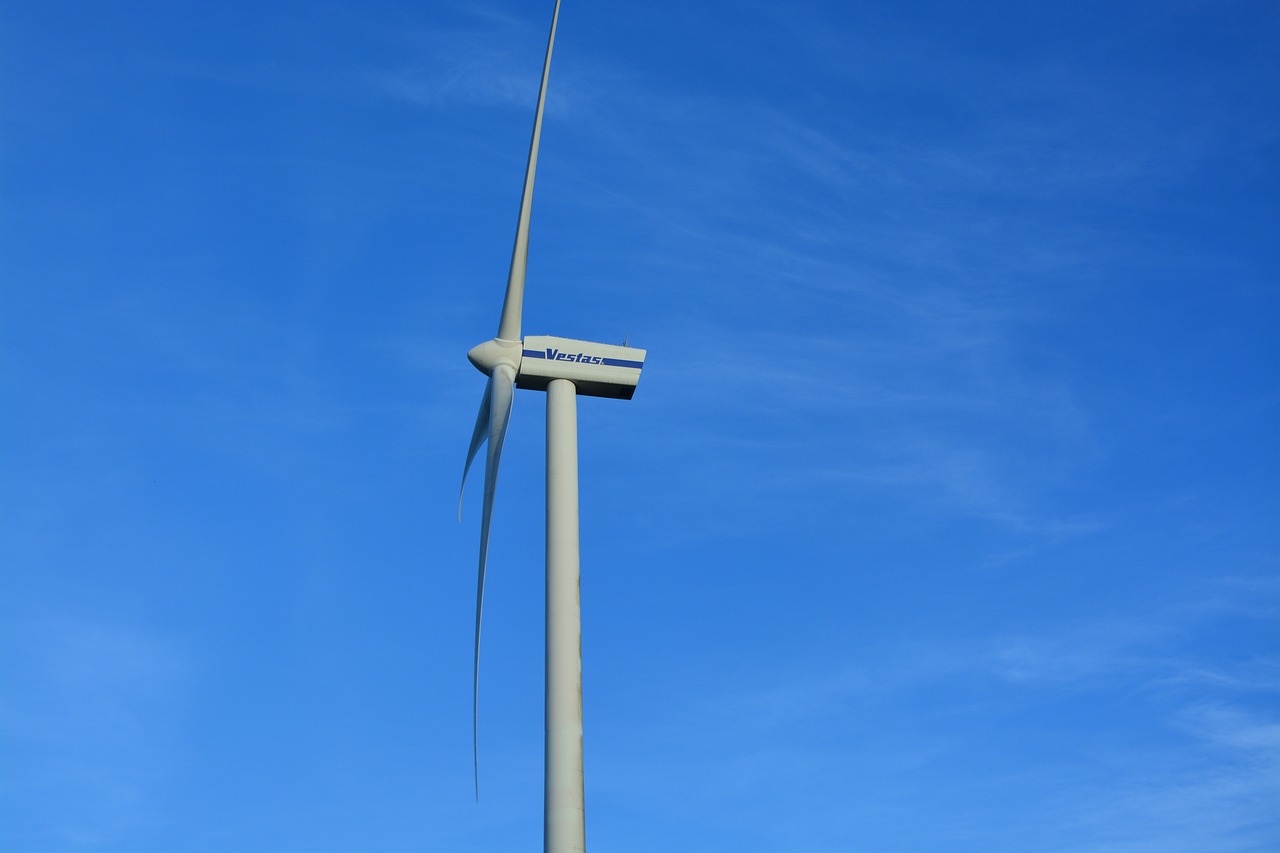
Reduced Greenhouse Gas Emissions
Exploring the advantages of utilizing solar and wind power as sources of clean energy and their positive impact on the environment, economy, and sustainability efforts.
Solar and wind power play a crucial role in reducing greenhouse gas emissions, making them key players in the fight against climate change. Unlike traditional fossil fuels, solar panels and wind turbines generate electricity without emitting harmful gases like carbon dioxide and methane. By harnessing the power of the sun and wind, we can significantly decrease our carbon footprint and contribute to a cleaner, healthier planet for future generations.
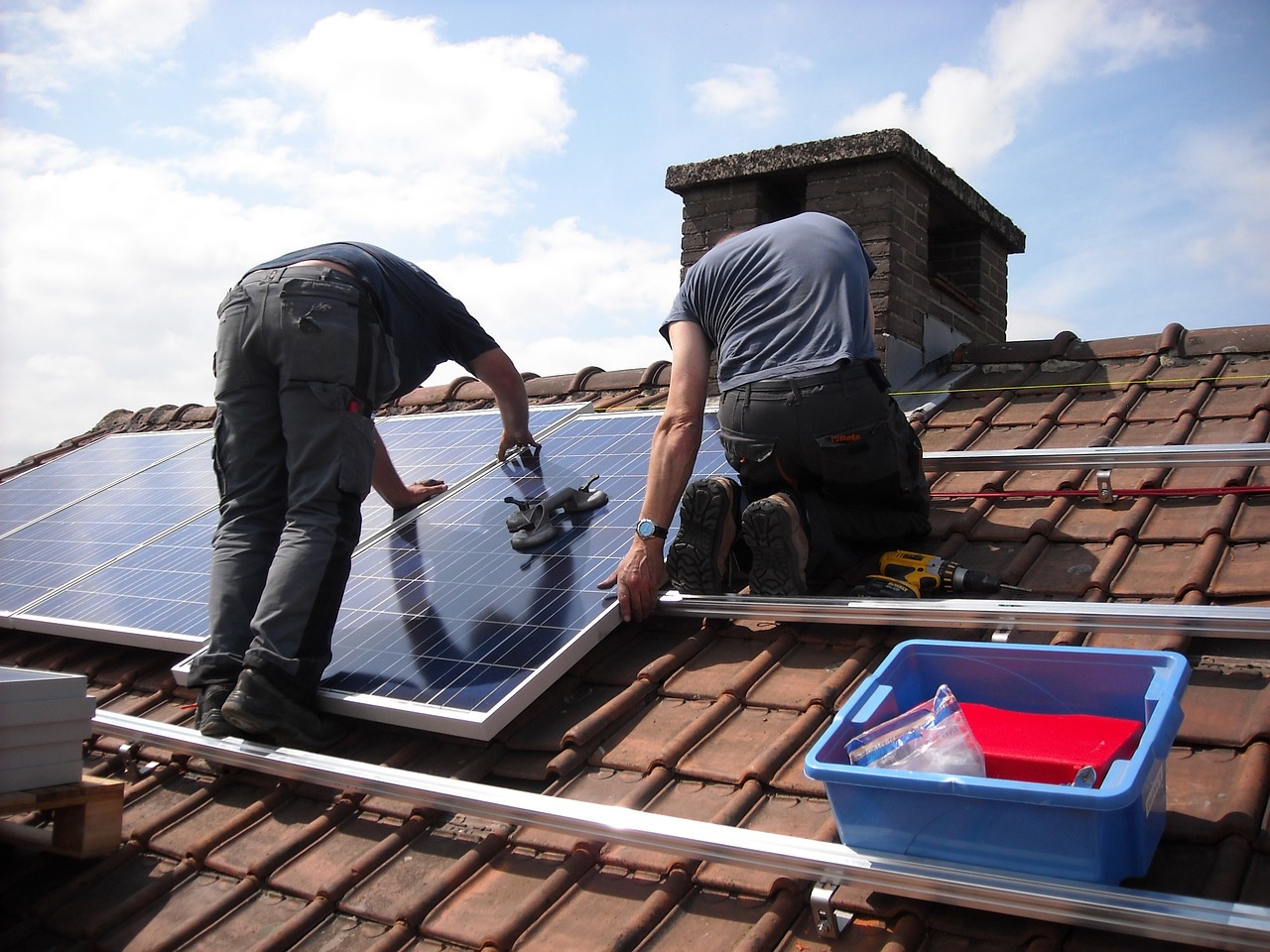
Renewable and Sustainable Energy Sources
Exploring the advantages of utilizing solar and wind power as sources of clean energy and their positive impact on the environment, economy, and sustainability efforts.
Solar and wind power are considered renewable and sustainable energy sources due to their ability to be continuously replenished without the risk of depletion. Unlike finite fossil fuels, solar energy is harnessed from the sun, which provides an abundant and everlasting source of power. Similarly, wind power relies on the natural movement of air currents, making it a reliable and sustainable energy option for the long term.
By harnessing the power of sunlight and wind, we can reduce our dependence on non-renewable resources and transition towards a more environmentally friendly energy landscape. This shift not only contributes to a cleaner and greener planet but also ensures that future generations will have access to clean energy sources that do not harm the environment.
Furthermore, the sustainability of solar and wind power aligns with the global efforts to combat climate change and reduce carbon emissions. As we move towards a more sustainable energy future, embracing renewable sources like solar and wind power becomes crucial in mitigating the impact of climate change and promoting a healthier planet for all living beings.

Cost-Effectiveness and Energy Savings
Exploring the advantages of utilizing solar and wind power as sources of clean energy and their positive impact on the environment, economy, and sustainability efforts.
When it comes to clean energy, cost-effectiveness and energy savings play a crucial role in driving the shift towards solar and wind power. Investing in solar panels and wind turbines not only contributes to a greener environment but also leads to long-term financial benefits. These clean energy sources offer a sustainable solution with lower operational and maintenance costs compared to traditional fossil fuels.
Imagine a scenario where households and businesses can significantly reduce their energy bills by harnessing the power of the sun and wind. The initial investment in solar panels or wind turbines may require some capital, but the long-term savings are undeniable. By generating electricity from renewable sources, individuals and companies can lower their dependence on expensive fossil fuels and enjoy a more stable and predictable energy cost structure.
Moreover, the advancements in technology have made solar and wind power systems more efficient and affordable than ever before. The scalability of these clean energy solutions allows for customization based on specific energy needs, further optimizing cost-effectiveness. Additionally, government incentives and rebates make transitioning to solar and wind power even more financially attractive, providing a win-win situation for both the environment and the economy.
In essence, the cost-effectiveness and energy savings associated with solar and wind power not only benefit individual consumers but also contribute to the overall sustainability of our planet. By embracing these renewable energy sources, we not only save money in the long run but also invest in a cleaner, greener future for generations to come.
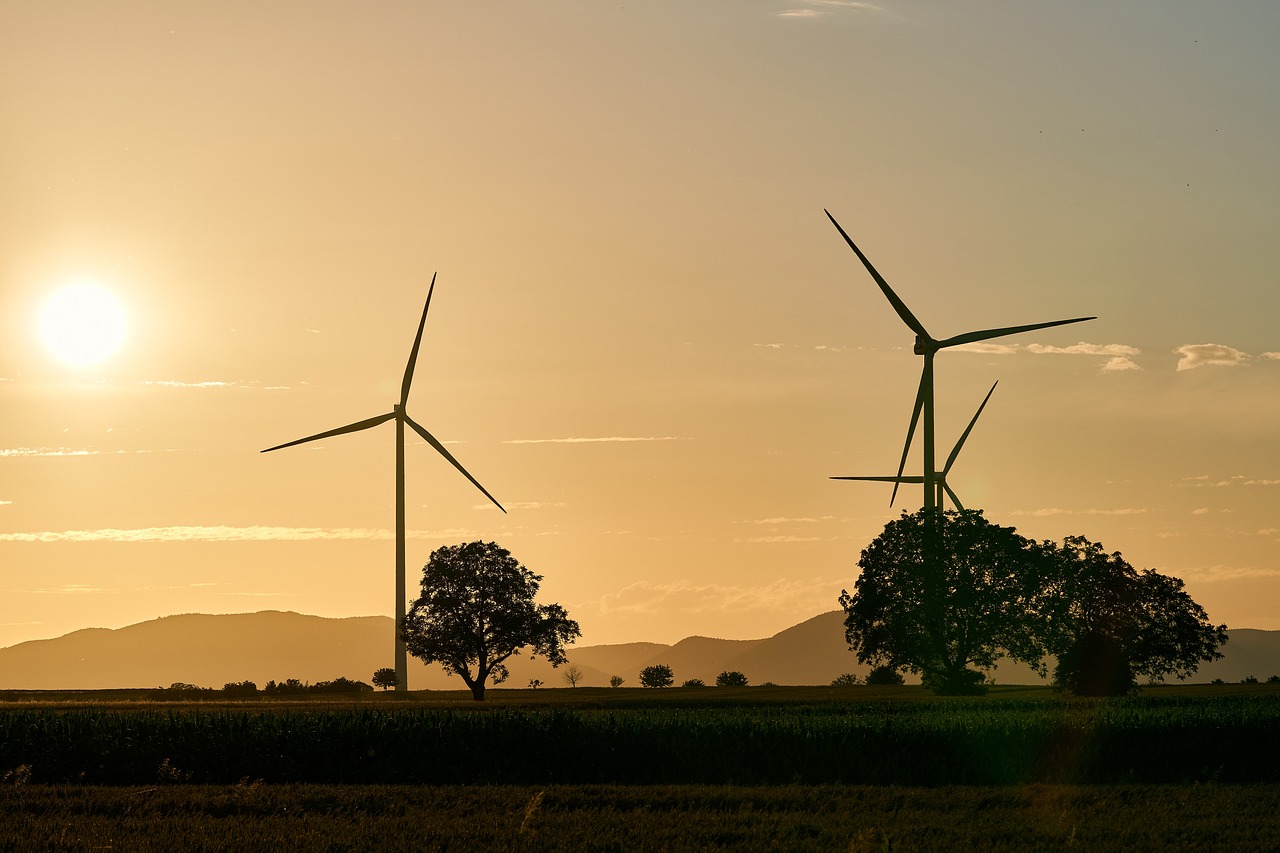
Job Creation and Economic Growth
Job creation and economic growth are significant benefits of transitioning to clean energy sources like solar and wind power. By investing in the clean energy sector, numerous job opportunities are created, ranging from manufacturing and installation to maintenance and research roles. These industries stimulate economic growth by attracting investments in infrastructure and technology, fostering innovation and competitiveness in the renewable energy market.
Moreover, the shift towards solar and wind power contributes to the development of a skilled workforce specialized in clean energy technologies. As more individuals are trained and employed in these sectors, there is a positive ripple effect on the economy, leading to increased consumer spending, higher tax revenues, and overall prosperity within communities.
Additionally, the renewable energy industry offers a diverse range of employment opportunities that cater to individuals with varying skill sets and educational backgrounds. From engineers and technicians to project managers and sales representatives, clean energy projects require a multidisciplinary workforce, promoting inclusivity and diversity in the job market.
Furthermore, the economic growth driven by the clean energy sector extends beyond job creation to encompass investments in research and development, infrastructure upgrades, and market expansion. These investments not only boost local economies but also contribute to the global transition towards a more sustainable and resilient energy system.
In conclusion, job creation and economic growth resulting from the adoption of solar and wind power play a vital role in shaping a greener and more prosperous future for society. By harnessing the potential of clean energy sources, we can not only mitigate the impacts of climate change but also drive sustainable development and prosperity for generations to come.
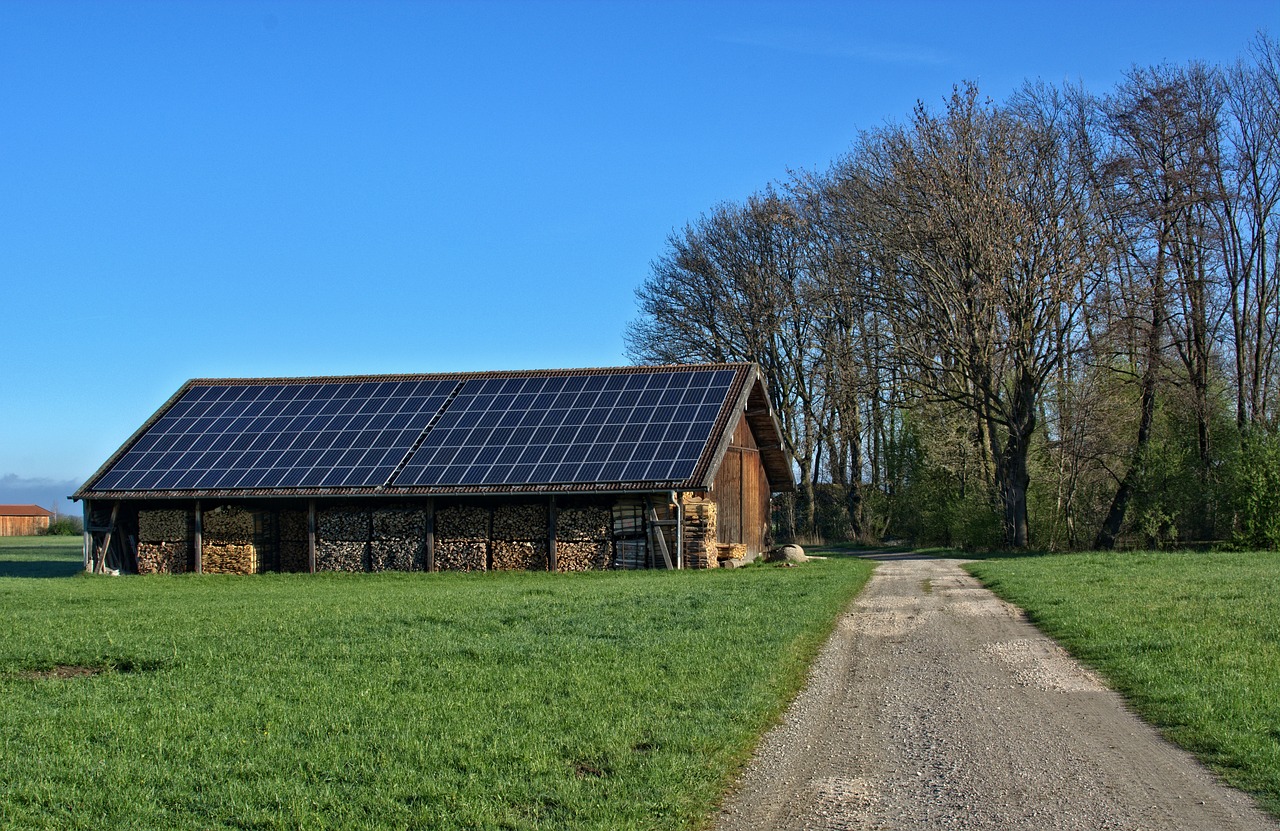
Energy Independence and Security
When it comes to , the utilization of solar and wind power plays a crucial role in reducing a country's reliance on imported fossil fuels. By harnessing these clean energy sources, nations can enhance their energy independence, ensuring a more stable and secure energy supply for their citizens.
Imagine a scenario where a country heavily depends on foreign oil imports, leaving it vulnerable to geopolitical tensions or supply disruptions. Now, picture the same country embracing solar and wind power, diversifying its energy sources and reducing its vulnerability to external factors. This shift towards renewable energy not only promotes energy security but also strengthens national resilience in the face of unforeseen challenges.
Moreover, by investing in solar panels and wind turbines domestically, countries can create a self-sustaining energy infrastructure that is less susceptible to global market fluctuations. This localized approach to energy production fosters a sense of autonomy and control over energy resources, mitigating risks associated with volatile fuel prices and international conflicts.
Furthermore, the transition to clean energy sources like solar and wind power enhances national security by reducing the environmental impact of traditional energy production. By minimizing greenhouse gas emissions and pollution, countries can protect their ecosystems, public health, and natural resources, safeguarding the well-being of current and future generations.
In essence, energy independence and security go hand in hand with the adoption of solar and wind power, offering a sustainable pathway towards a more resilient and self-reliant energy future.
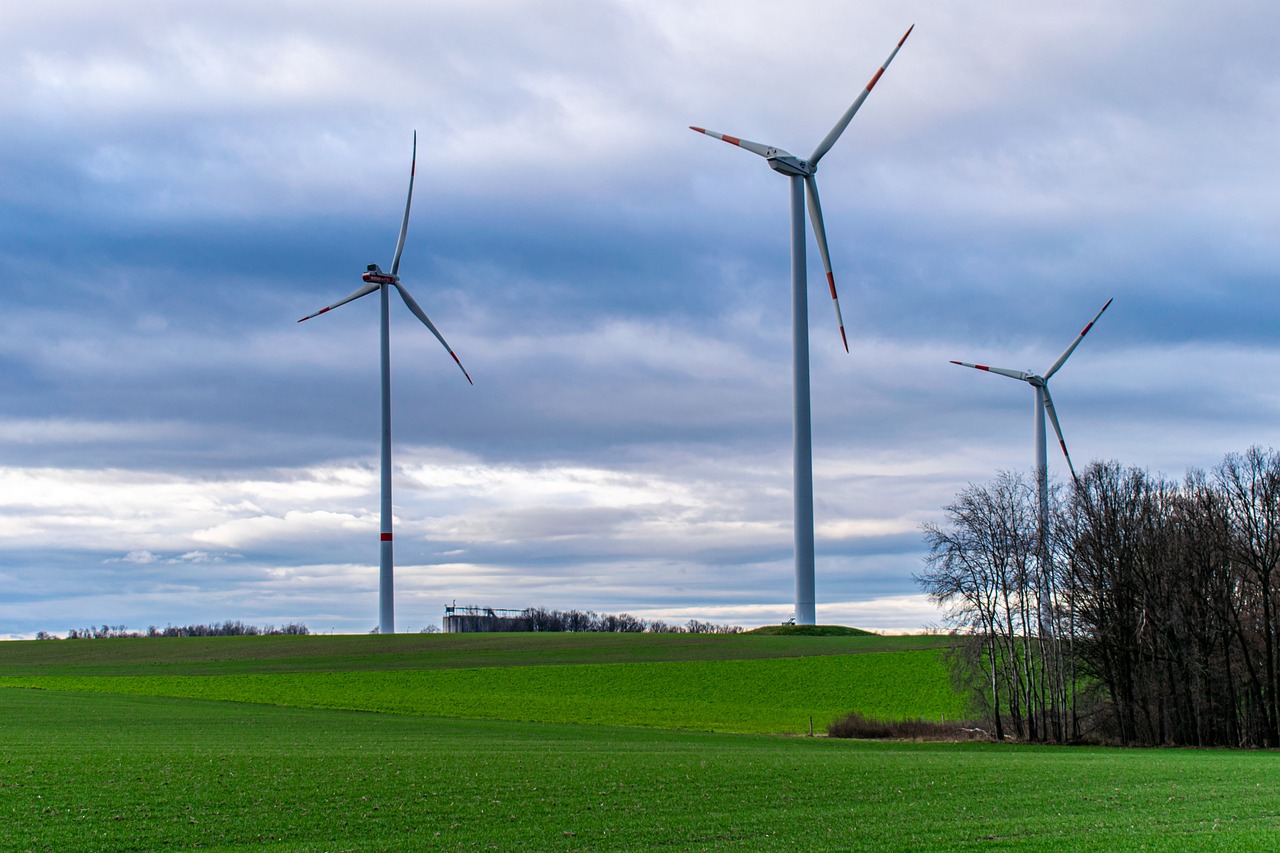
Environmental Benefits and Biodiversity Conservation
When it comes to environmental benefits and biodiversity conservation, the adoption of solar and wind power plays a crucial role in safeguarding our planet's ecosystems and wildlife. By harnessing these clean energy sources, we can significantly reduce the environmental impact of traditional energy production methods.
Solar and wind power contribute to preserving natural habitats by minimizing the need for land-intensive energy infrastructure, such as coal mines or oil drilling sites. This, in turn, helps protect biodiversity by maintaining the balance of ecosystems and habitats for various plant and animal species.
Furthermore, the use of solar and wind power helps in reducing air and water pollution, which are detrimental to both the environment and wildlife. By avoiding the emissions of harmful pollutants associated with fossil fuel combustion, these clean energy sources contribute to cleaner air and water, benefiting both human health and ecosystem stability.
One of the significant advantages of solar and wind power in terms of biodiversity conservation is their low impact on wildlife. Unlike traditional energy sources that pose risks to birds and marine life through collisions or habitat destruction, solar panels and wind turbines can be designed and located to minimize these negative impacts, thus safeguarding wildlife populations.
In conclusion, the environmental benefits of solar and wind power extend beyond reducing greenhouse gas emissions. They encompass a holistic approach to sustainability, promoting biodiversity conservation, reducing pollution, and mitigating the adverse effects of energy production on our planet's ecosystems.

Community Empowerment and Resilience
Community empowerment and resilience are key aspects of transitioning to clean energy sources like solar and wind power. By embracing these sustainable alternatives, local communities can experience a multitude of benefits that go beyond just environmental conservation.
One of the significant advantages is the empowerment of communities through access to affordable and reliable electricity. Clean energy projects can provide a sense of independence and control over energy sources, reducing reliance on traditional grid systems. This not only enhances the quality of life for residents but also fosters a sense of ownership and pride in their energy production.
Moreover, clean energy initiatives contribute to community resilience by offering a more stable and secure energy supply. In times of natural disasters or power outages, solar panels and wind turbines can continue to generate electricity, ensuring that essential services remain operational. This resilience is crucial for safeguarding communities against disruptions and enhancing their ability to bounce back from challenges.
Additionally, community engagement is promoted through clean energy projects, fostering a sense of unity and collaboration among residents. By working together to support and maintain renewable energy infrastructure, communities can strengthen social bonds and create a shared sense of purpose towards a sustainable future.
Furthermore, the economic benefits of clean energy extend to local communities, creating job opportunities and stimulating economic growth. As the clean energy sector expands, residents can benefit from new employment prospects and investments in infrastructure, contributing to overall prosperity and well-being.
In essence, community empowerment and resilience are integral components of the transition to clean energy sources like solar and wind power. By embracing these technologies, communities not only contribute to environmental sustainability but also enhance their self-reliance, unity, and economic prosperity.

Technological Innovation and Research Advancements
Technological innovation in the field of clean energy, particularly in solar and wind power, plays a crucial role in driving the transition towards a sustainable future. Researchers and engineers are constantly working on improving the efficiency and effectiveness of solar panels and wind turbines, making them more reliable and cost-effective. Through advancements in materials science and engineering, the performance of these renewable energy technologies continues to evolve, leading to increased energy production and storage capabilities.
Research and development efforts focus on enhancing the integration of solar and wind power into the existing energy grid, addressing challenges related to intermittency and variability of these energy sources. Innovations in energy storage systems, such as batteries and smart grid technologies, enable better management of renewable energy resources and ensure a stable supply of electricity. Additionally, ongoing research advancements aim to optimize the design and operation of solar and wind farms, maximizing their potential to generate clean electricity.
Collaboration between academia, industry, and government institutions drives progress in clean energy research, fostering a culture of innovation and knowledge sharing. Investments in research initiatives support the growth of the renewable energy sector, creating opportunities for breakthrough discoveries and technological advancements. By pushing the boundaries of what is possible in clean energy technology, researchers contribute to the global effort to combat climate change and achieve a more sustainable energy future.
Frequently Asked Questions
- What are the main benefits of using solar and wind power?
Solar and wind power offer numerous advantages, including reduced greenhouse gas emissions, cost-effectiveness, job creation, energy independence, environmental benefits, and technological innovation.
- How do solar and wind power contribute to reducing greenhouse gas emissions?
Solar and wind power generate electricity without emitting greenhouse gases, helping combat climate change and decrease the carbon footprint of energy production, making them key players in the shift towards cleaner energy sources.
- Are solar panels and wind turbines cost-effective in the long run?
Investing in solar panels and wind turbines can lead to significant cost savings over time as they have lower operational and maintenance costs compared to traditional energy sources, making them a wise financial choice for both individuals and businesses.
- How do solar and wind power contribute to job creation and economic growth?
The clean energy sector, which includes solar and wind power industries, creates employment opportunities, stimulates economic growth, and drives investments in infrastructure and technology, fostering a sustainable economy and workforce.
- Do solar and wind power help in preserving biodiversity and natural habitats?
Yes, adopting solar and wind power helps in conserving natural habitats, reducing air and water pollution, and protecting wildlife by minimizing the environmental impact of energy production, contributing to biodiversity conservation and ecosystem preservation.

















